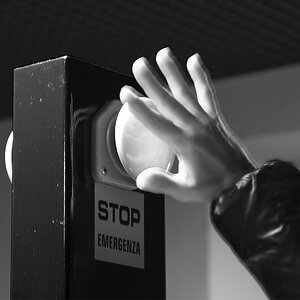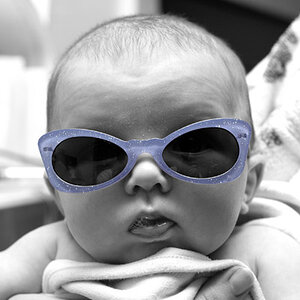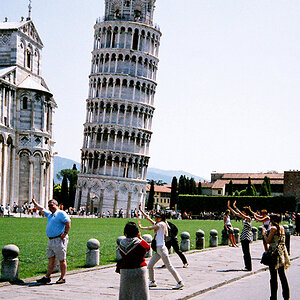ac12
Been spending a lot of time on here!
- Joined
- Dec 5, 2017
- Messages
- 2,637
- Reaction score
- 911
- Location
- SF Bay Area, California, USA
- Can others edit my Photos
- Photos NOT OK to edit
If you have trouble with the manual, and some manuals are terrible to try to understand, then pay a camera shop to give you a one-on-one training. ...............
Or just ask here........... for free.
IMHO, learning with a teacher one-on-one in real time, is more effective than the time delay involved with forum posts, where the answer could be hours or days later. And if there is a follow-up question, there is another delay of hours or days. This is why a business man that I know prefers to use the telephone than email. He can get done in one 5 minute conversation, what would take many back and forth emails over several days.
In person is also better, because:
- Teaching to me is easier when I can physically move the students fingers or hands.
I've instructed people by words, and showing/demoing for them. But some people just do not get it, until I physically move their body/hand/fingers into what I am trying to get them to do.
- They can move around me to see how I am holding the camera or standing.- The teacher and student can physically point out the item that the student has questions about, if the student does not know the name of it. As in "that button."
There is a reason cameras have icons on some buttons and the manuals have that icon in the instructions, cuz it is easier to find the button by looking for the icon, than saying "the EV compensation button." Because the next question will be, "which button is that?" Yes, RTFM.






![[No title]](/data/xfmg/thumbnail/32/32950-1cc3896bf614e9412d7fda271f5e63c8.jpg?1619735784)





![[No title]](/data/xfmg/thumbnail/35/35268-34a315519597f60516d59124092e9bc2.jpg?1619736971)
